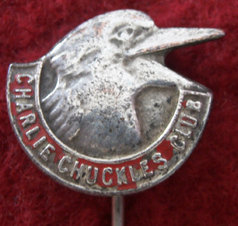
"The actor playing the title role in 'Gus Gray', Arundel Nixon, was also the voice of Charlie Chuckles, who, in the early 1940s, presented weekly radio dramatisations of Sunday Telegraph comic strips. It was a great favourite with youngsters throughout the land including one particular five-year-old who is now, 70-years later, writing this comment.
Purely for the sake of personal nostalgia, I would love to experience listening to one of these programs again. My fear however is that, being inherently ephemeral in nature (being revelant only on the allotted Sunday and considered valueless thereafter), Charlie Chuckles transcriptions (quite possibly acetates), would have been quickly junked or recycled. However, if by some miraculous circumstance any episodes did survive, I would of course be keen to know about it.
I also recall great puzzlement and consequent discussion among my (kindergarten) school mates one Monday due to an unexplained yet obvious change in Charlie Chuckles voice. Even the 'grown-ups' didn't seem able to enlighten us.
What I now know is that Arundel Nixon had, at a relatively young age, collapsed and died. His shoes had been urgently filled by another young actor by the name of Howard Craven.
We eventually got used to the new Charlie who, with the help of other radio luminaries, continued the vital task of bringing to life such diverse characters as Nancy & Sluggo, Superman, Ambrose Kangaroo, Henry, and wonder woman Wanda.
I do however recall that, even to the ears of a devoted 5-year-old fan, neither Messers Nixon or Craven, nor supporting players, seemed to take their 'Sunday Funny Paper' roles at all seriously. At times they appeared to be having even more fun then their 'Listeners In' 🎭 📰 😉
In my recent 'memories of Charlie Chuckles' rant I referred to being in 'kindergarten' when Arundel Nixen died (aged 42). I meant to write 'primary school'. I was nine-years-old at the time; even I was dunce enough to be still stuck in kindergarten. 😐"
Speaking as a child mostly of the television age, the idea of someone reading the Sunday Telegraph colour comics out loud over the radio, to children following along with their copies of the same Sunday Telegraph comics, spread out in front of them, is somewhat bizarre. But hey, if ventriloquists can make it big on radio, why not?
I don't have all the answers to all the questions I have about Charlie Chuckles, but I hope that readers who do will jump in with their memories.
I don't know who came up with the idea of Charlie Chuckles and having the Sunday Telegraph and B.A.P (British Australian Productions P/L) working together.
It would appear that the name commenced as Charlie Chuckle, as that was what was showing on early documentation as well as the radio program guides of the time. Later Charlie Chuckles became the norm in the program guides as well as the letters the children wrote about the club. For club it was. Complete with membership and silver badge of a Kookaburras head. I haven't found any rules governing age group, or membership certificate, though I do have several of the badges. I haven't heard of or seen any evidence of the club mentioned on the radio, only mentions in widespread NSW newspapers of the time. So if anybody knows how the club tied in with the radio program, please let me know.
In the United States they had their version called the Comic Weekly Man who ran from 1947 - 1954. I don't know if there was a tie in with a Newspaper Club for the children or not. Perhaps some of our U.S. readers will chime in with some answers.
I do know that Charlie Chuckles was very popular with the children as was the newspaper club. I have read letters from children on the subject. 1941 to 1954 was a long time for a partnership between the Sunday Telegraph and B.A.P and the logistics involved, so both must have seen value in it.
I hope you enjoy the memories Charlie Slater and thank you for requesting it.
I can see I will have to do an article on Radio Ventriloquists next. I use to think they were bizarre, but then I listened to Edgar Bergen and Charlie McCarthy and became a huge fan. In Australia we had Gerry Gee and the U.K had Archie in Educating Archie. Who would have though a ventriloquist act would be one of the highest paid radio acts in 1930's and 1940's America?
Ian Grieve
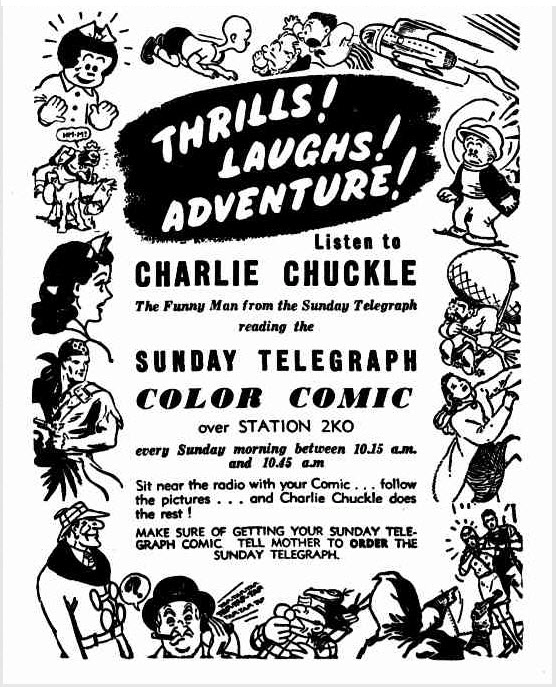
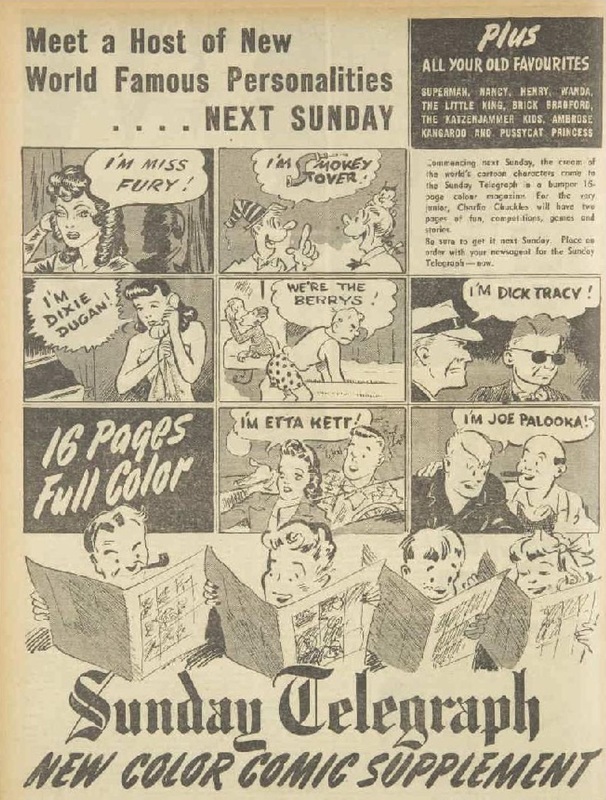
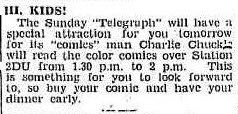
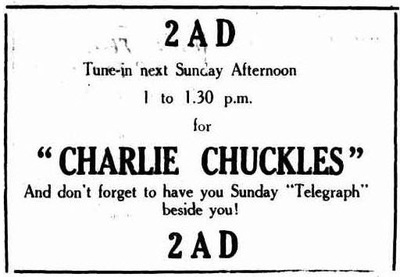
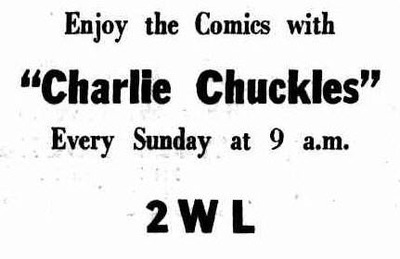
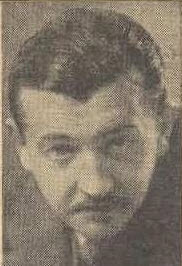
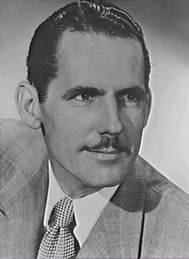
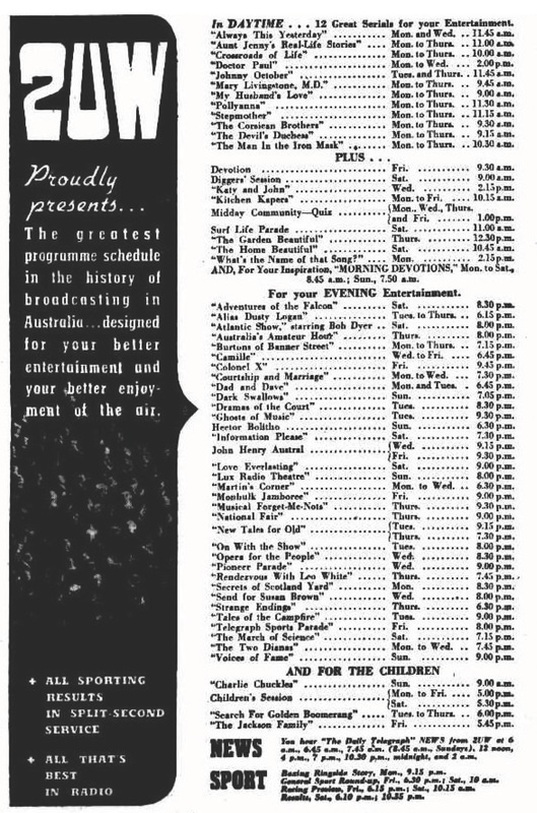
 RSS Feed
RSS Feed